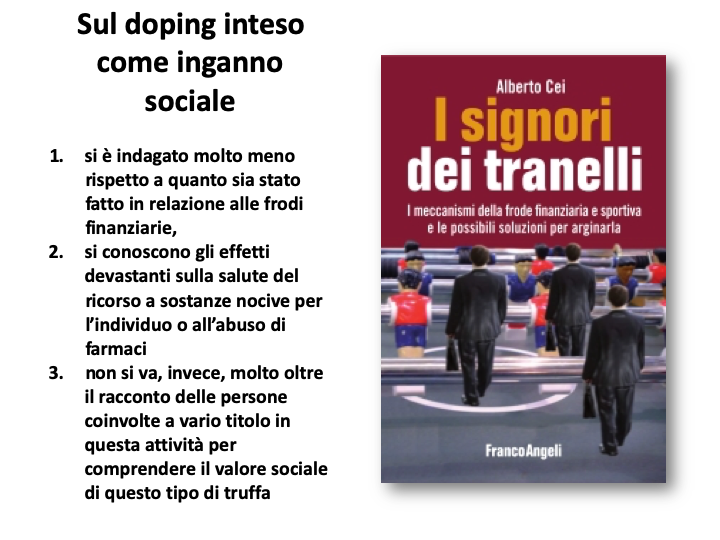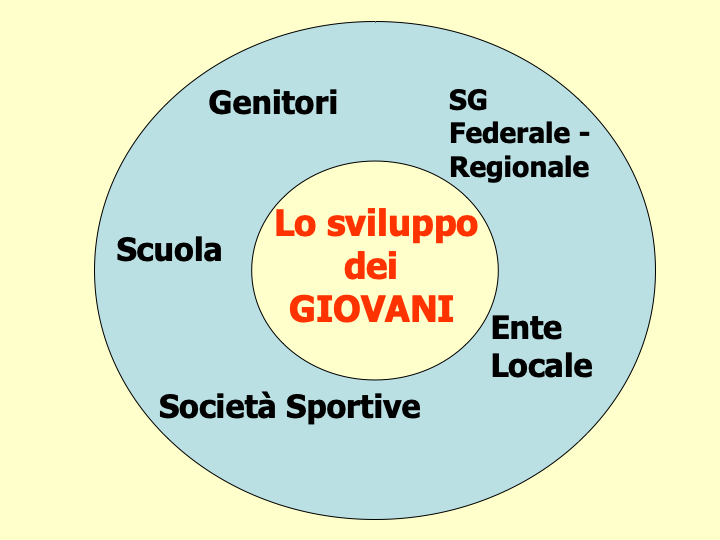A few days ago, an article came out in the New York Times by Sian Beilock, one of the leading researchers on how stress affects human performance, even that of very experienced people like those who participate in the Olympics. The beginning of her article should make us think once again about the strength/fragility of champions.
“Watching a two-time Olympian and three-time Olympic medalist skier stumble — not once, not twice, but three times — at the Beijing Olympics was both extraordinary and painfully ordinary. No matter how well we prepare ourselves, how focused we are, what mental exercises we do to get ready, the reality is: These things happen.
Mikaela Shiffrin herself seemed baffled as she talked to reporters after tripping on a gate and failing to finish the women’s Alpine combined race on Thursday, her third disastrous mishap at the Games.
“I didn’t feel pressure there,” she told them. “I mean, there’s always pressure, but I didn’t feel — I just felt loose and relaxed, like I knew my plan: focused, good skiing, and I was doing it.”
In fact, it can happen in the heads of athletes that unnecessary and harmful thoughts pop up that prevent what has been repeated thousands and thousands of times from being played out without the interference of consciousness. The example that I always give to athletes of the damage caused by being voluntarily focused on the task concerns running down the stairs. It is an absolutely automated activity that if it is done with the thought of doing it right or thinking about the movements to be performed will be done awkwardly and less fluidly. So stress can not only promote negative performance by increasing or excessively reducing the levels of physical and mental activation, but it can also compromise performance by making the athlete focus analytically on parts of his performance.
Thus, we can be our own worst enemy even if we are prepared and this happens much more often than we think.
For these reasons, I hope that the two Italian winter sports federations whose Italian athletes will participate in four years at the next Olympics in Milan-Cortina have the intention of immediately activating psychological counseling services for their teams to help them prepare mentally and build a positive team climate for the competitions.







